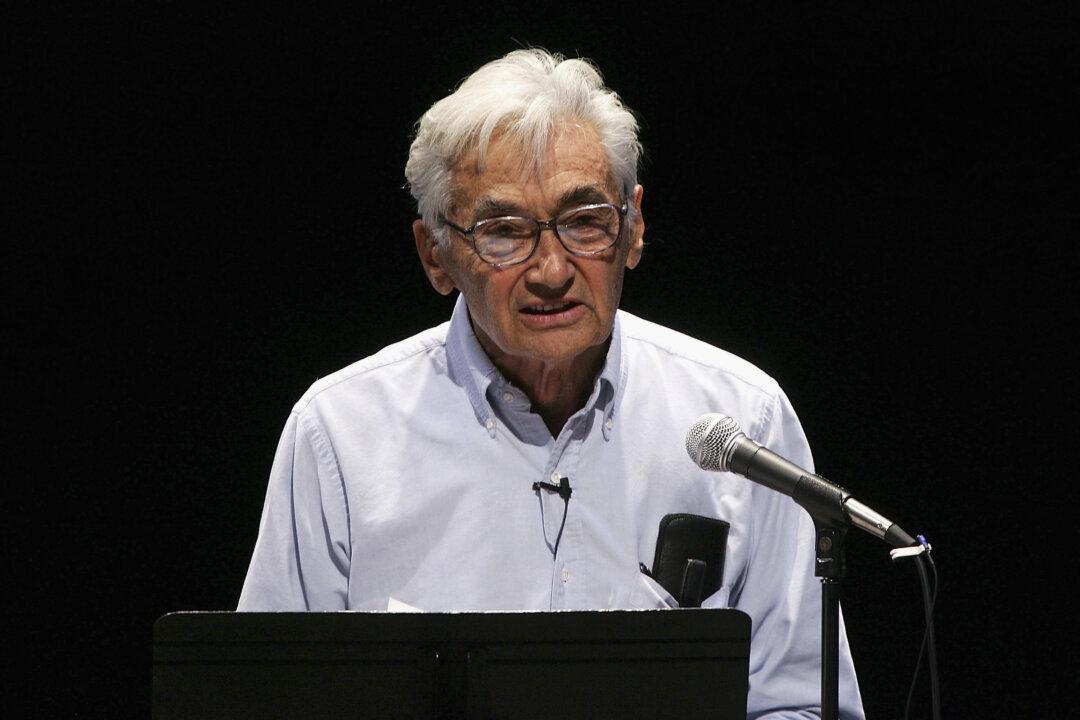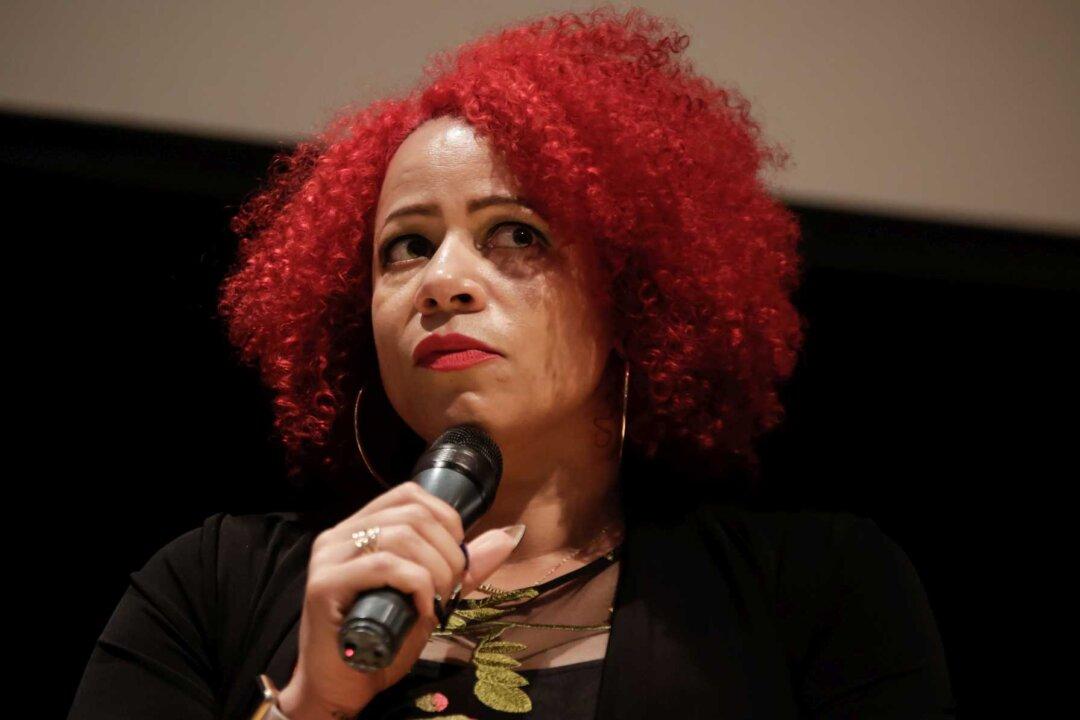Commentary
Before dawn on a recent Saturday morning, another statue of a “slave owner” was removed—this time Revolutionary War General Philip Schuyler, a pivotal figure in Albany and American history, who had stood in front of the Albany, New York, City Hall for nearly 100 years.
Nevertheless, Mayor Kathy Sheehan explained that “Moving the Schuyler Statue is about realizing that as time marches on, times change, and we need to change and adapt with them. It is not about erasing history—it is about placing it in the context based on what we know now and based on what our residents are demanding we know.”She thanked “those residents who made their voices heard, and those who have called on me to think about this statue differently,” who told her they were “reminded that people who look like me were enslaved by him.”





